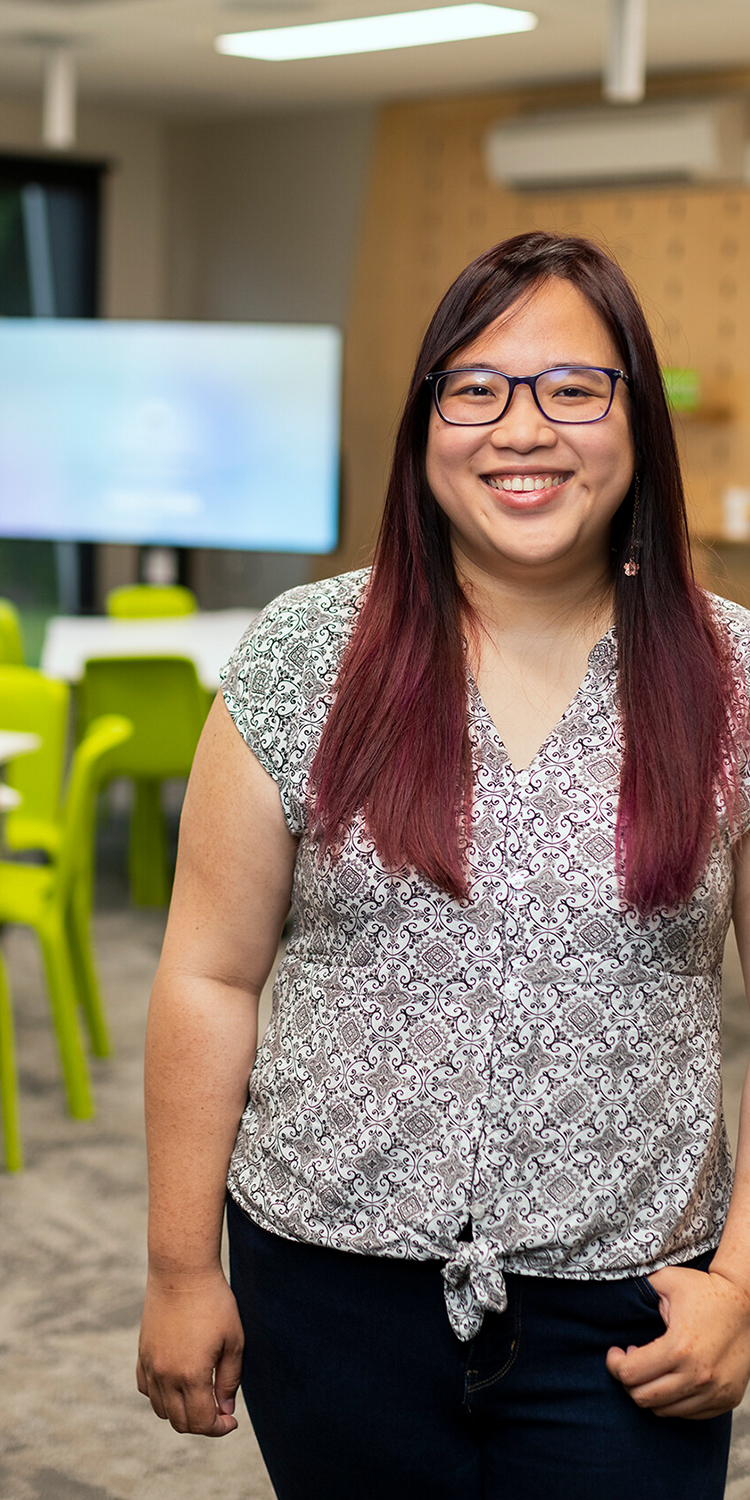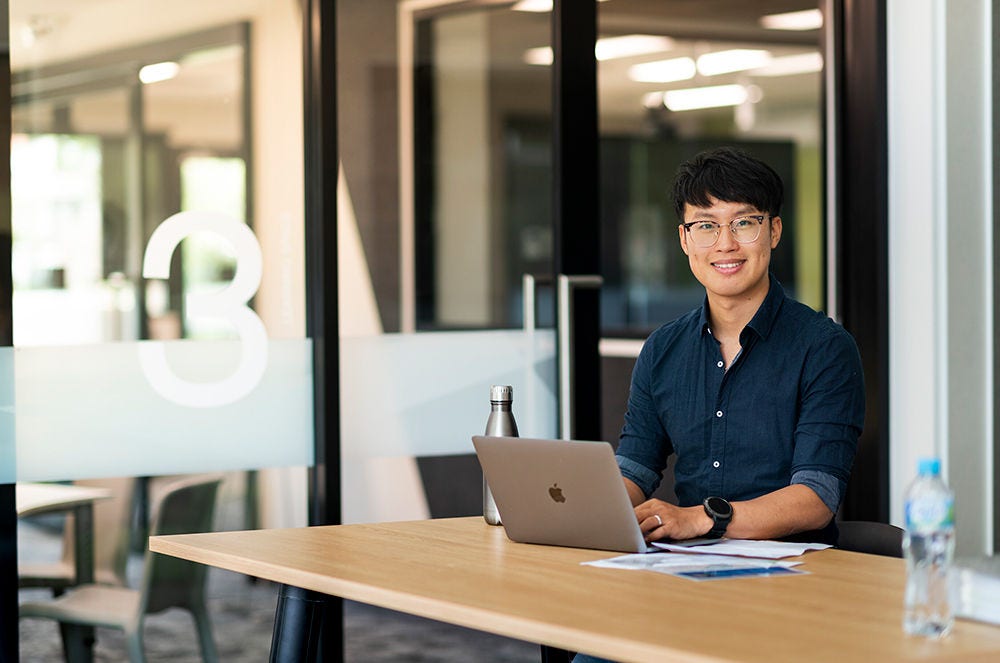Inherent requirements are capabilities and knowledge required to perform essential tasks effectively and safely for a specific purpose such as employment or study. Students undertaking any Bachelor of Teaching or Master of Teaching degree at Adelaide University must complete the following:
Preservice Teacher Placement Agreement
Before placement, all Preservice Teachers must complete the Pre-Service Teacher Placement Agreement on InPlace. This form outlines responsibilities and expectations for all future placements—it only needs to be completed once.
Working With Children Check (WWCC)
All people working in a child-related area, whether as an employee or volunteer, must have a valid Working With Children Check (WWCC). You can apply for a WWCC via the South Australian Government website. When completing your application, please select Pre-service teacher placement/student placement in the Role Description.
Responding to Risks of Harm, Abuse and Neglect – Education and Care (RRHAN-EC)
To work or volunteer in education you must complete mandatory notification training about child protection in education. The training is called Responding to Risks of Harm, Abuse and Neglect – Education and Care (RRHAN-EC). To register for and complete the training, you must make an account on Plink. You will need to complete both the 2-hour fundamentals course and the 4-hour Masterclass session.
Literacy and Numeracy Test for Initial Teacher Education (LANTITE)
If you are studying a Bachelor of Teaching (Primary) (Honours), Bachelor of Teaching (Secondary) (Honours), Master of Teaching (Primary) or Master of Teaching (Secondary) you are expected to sit the LANTITE test and pass both components before enrolling in your final Professional Experience course. Each course has a designated final test window.
Please note, students studying a Bachelor of Teaching (Early Childhood Education) or Master of Teaching (Early Childhood Education) do not need to complete the LANTITE.










